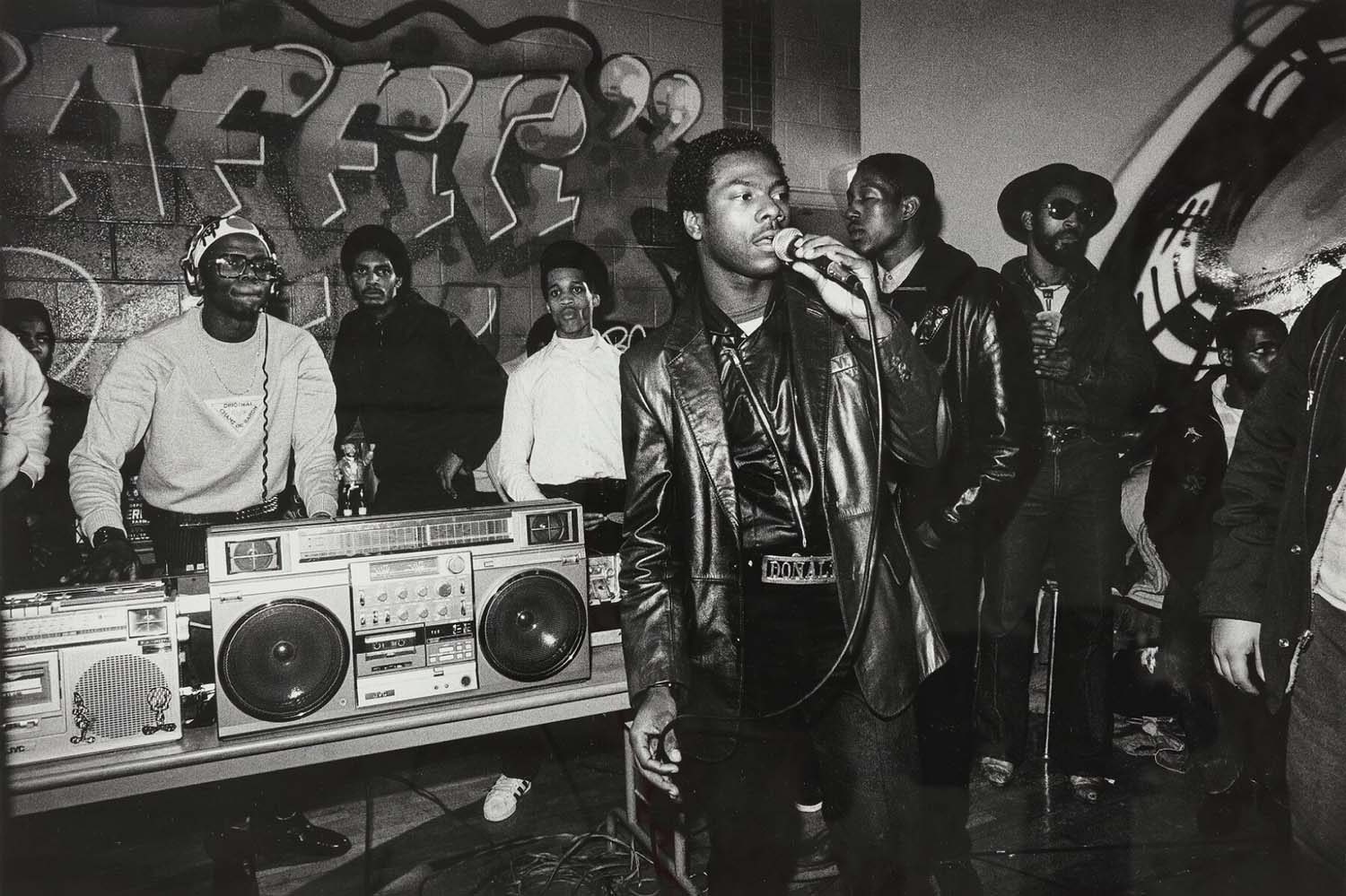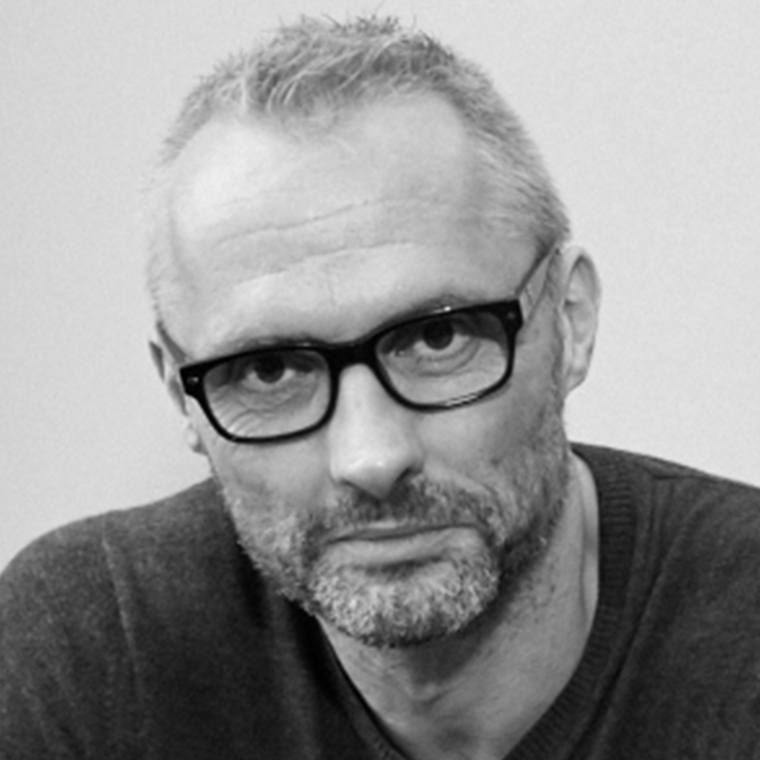
On 11 August 1973, Cindy Campbell threw a back-to-school party in the community room at 1520 Sedgwick Avenue, West Bronx. She needed money for a new school uniform so charged girls 25c and boys 50c on the door. Her brother Clive, better known as DJ Kool Herc, provided the music and, for the first time, played the same track on both decks so he could extend the drum break in Bongo Rock by the Incredible Bongo Band, blending it with a bongo riff in James Brown’s Give It Up or Turn It Loose and the R&B baseline in The Mexican by Babe Ruth. And so, hip-hop was invented.
Kool Herc’s innovation was taking the sound systems from his Jamaican childhood, matching that with his obsessive observation of the moments in tracks that sent the dance floor wild, and improvising over the result with Jamaican party-style MC toasting.
So what? 50 years later, hip-hop music revenues in the US alone are over $3 billion. There are local hip-hop scenes in China, Brazil, Morocco, France, Nigeria, South Africa, Germany, Turkey, Russia, Iran, Poland… anywhere you can find two turntables and a microphone. Kool Herc’s beat went global.
It’s not real music though, is it? The point of hip-hop, says Emmett G. Price III, dean of Africana Studies at Berklee College of Music, is that it looks back and reclaims Black music that was ignored or quashed at the time by sampling and reimagining it.
Fight the power (with bling). “Rap is the CNN of the ghetto,” according to Public Enemy’s Chuck D. Meanwhile, Jay-Z – hip hop’s first billionaire, with Sean Coombs close behind – is reportedly interested in buying Tottenham Hotspur for $2.8 billion. As hip-hop has moved from east coast to west coast to Deep South, it’s taken on new agendas as quickly as new styles. It’s the only musical style that celebrates extreme wealth and condemns police violence at the same time.
Scratch that. Hip-hop sales are in decline in 2023. It’s still America’s most popular genre, according to Luminate, with a 26.8 per cent share of US recorded music consumption in 2022, but that’s down from 2020’s 28.2 per cent peak. Younger artists struggle as labels invest in big-name pop acts and the form’s roots mean artists still face higher death and drug rates, as well as more legal issues, than white stars.
Deja Vu. NYC 1973 was bankrupt, inflation was soaring, the police and fire departments were defunded, buildings were literally falling down. Within months of the Bronx inventing hip hop, the Bowery neighbourhood in Lower Manhattan saw David Mancuso’s gay club the Loft invent disco, and the opening of CBGB, the birthplace of punk. Feels like the conditions are right for 2023 London to take a turn.
Four Pillars for Hip Hop’s 50th
Just Vibez & ZooNation: Hip-Hop 50th Birthday Party, Southbank Centre, London, 12 August – beatboxing, breakdancers, DJs and a steel band
Hip Hop Forever, BBC iPlayer and BBC Sounds, 12 August. Including shows from Romesh Ranganathan, De La Soul, Ashley Walters, Snoop Dogg and more
Ladies First: A Story of a Women in Hip-Hop, Netflix, 9 August, – a documentary chronicling the impact women artists had on hip-hop from Roxanne Shante to Cardi B.
Re:imagine Hip-Hop’s 50th Live Orchestra, Steel Yard, London, 14 September and 12 October – full orchestral version of hip hop classics.
Photograph courtesy Sophie Bramly











